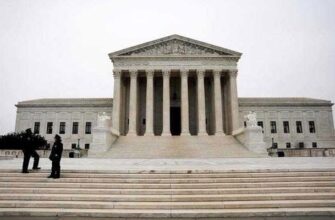A family’s journey to parenthood took an unexpected turn in Queensland, where legal precedent dictates that biological parents do not automatically hold legal rights to a child following an IVF mix-up.
The situation arose when a couple discovered they had given birth to a child genetically unrelated to them—a consequence of a procedural error at Monash IVF. The mistake was identified earlier this year when the intended parents sought to transfer their remaining frozen embryos to another clinic.
According to family law experts, Queensland’s legal framework prioritizes those who deliver the child as the legal guardians, regardless of genetic connection.
This aspect of the law, initially designed to safeguard the rights of egg and sperm donors within IVF treatments, now applies to this sensitive case. Prior to recent legislative changes implemented last year, Queensland’s fertility regulations were less stringent, contributing to the current circumstances.
As a result of these laws, Monash IVF may not face significant legal repercussions for the error. Former Premier Annastacia Palaszczuk expressed her disbelief at the situation, stating:
“I don’t think anyone can believe that in this modern age that this bungle could happen.”
Palaszczuk, drawing on her own experiences with unsuccessful IVF treatments, added:
“I know how important it is to have a baby at the end of it.”
She emphasized the importance of focusing on the child’s wellbeing: “We need to not lose sight of the fact that there is a beautiful baby who’s now a toddler involved here. That is a blessing…but this mix up should never have happened.”
The announcement significantly impacted Monash IVF, with its share price plummeting by over 30% in response to the disclosure.
- Legal precedent favors birth parents, not biological parents, in cases of IVF mix-ups.
- Queensland’s fertility laws, previously less strict, contributed to the situation.
- Monash IVF may not face formal penalties despite the error.




